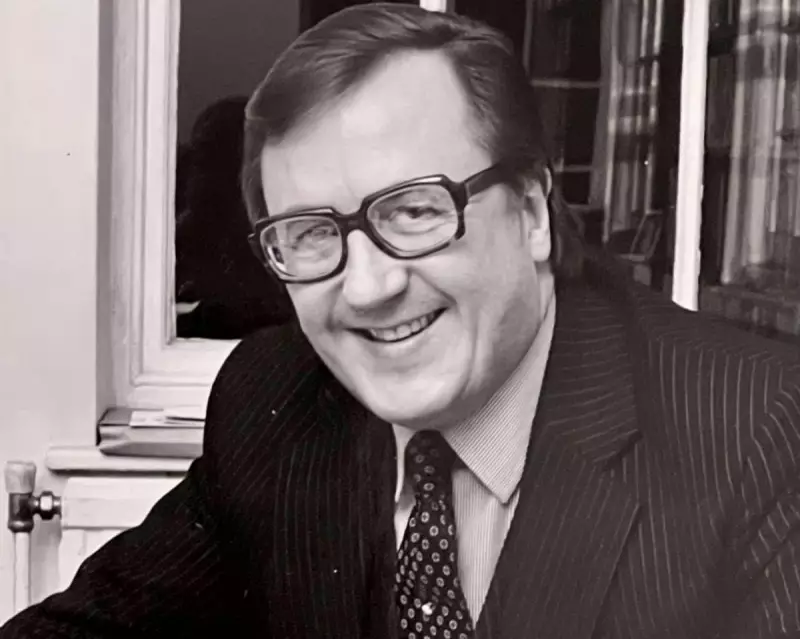
The world of British politics has lost one of its most persistent and influential intellectual architects with the passing of Hugh Corbet, who has died at the age of 92. For decades, operating from the sidelines of Westminster, Corbet's work as a research director and think-tank founder provided the foundational arguments that would shape the nation's most heated debates.
Best known as the driving force behind the Federal Trust for Education & Research, Corbet was not a household name, but his ideas resonated in the halls of power. His was a career dedicated to rigorous, evidence-based policy analysis, long before such terms became political buzzwords.
The Architect of Informed Debate
Corbet’s journey into the engine room of policy began not in politics, but in journalism. His early career as a reporter covering agriculture and trade taught him the power of specialised knowledge. This expertise became his passport into the world of think-tanks, first with the Trade Policy Research Centre, which he established in 1968.
His true legacy, however, was cemented with the creation of the Federal Trust in 1975. With a mission to promote research on European integration, international governance, and devolution, the Trust became an indispensable resource for politicians, civil servants, and journalists seeking depth beyond the partisan soundbites.
A Prophet of Interdependence
Long before the Brexit referendum divided the nation, Corbet and his colleagues were meticulously analysing the complexities of sovereignty in a globalised world. He argued passionately that pooling sovereignty within the European Union was not a loss of national identity, but a pragmatic recognition of economic and political interdependence.
His work provided the intellectual ammunition for pro-European advocates for generations. He foresaw the tensions that would arise from devolution, championing a federalist model for the UK that he believed would strengthen the Union by responsibly distributing power.
The Quiet Persuader
Unlike many of today’s think-tank leaders who crave media spotlight, Corbet was a classic behind-the-scenes operator. His influence was exercised through carefully researched pamphlets, private seminars, and direct counsel to policymakers. He believed in the power of ideas, patiently and persistently working to get them heard.
This was never a path to great wealth or fame. The Federal Trust operated on a shoestring budget, often relying on Corbet’s own dedication to keep its work going. His was a labour of intellectual love, a commitment to enriching public understanding without expectation of reward.
A Legacy Beyond the Headlines
In the aftermath of the Brexit vote, Corbet’s lifetime of work could be viewed as a project that ultimately fell short. Yet, to do so would be to misunderstand his true contribution. His aim was never to win a single battle, but to ensure the debate was informed by substance, not just sentiment.
He equipped supporters and critics alike with the detailed analysis needed to grapple with the most consequential issues of the day. In an era increasingly dominated by political theatre, Hugh Corbet stood as a steadfast champion of reason, evidence, and thoughtful discourse—a legacy that endures far beyond the shifting political tides.





